-
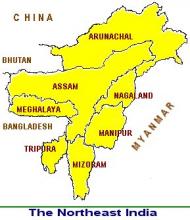
Northeast India has earned the dubious distinction of being home to Asia's longest-running insurgency. The region's geostrategic locations — surrounded by Bhutan and China (Tibet) in the north, Myanmar in the east and south, Bangladesh in the south and west, and approximately 4000 square kilometres of porous international borders—further accentuate the security threat. For the last two months, the intensification of insurgency incidents has put a question mark on the various security efforts in the Northeast region.
-
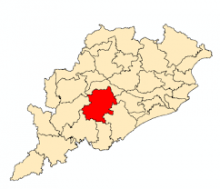
It would be too simple an explanation to categorize or brand the recent Kandhamal incident as just ethnic or communal clashes. It could be anything from a premeditated design to a collision of socio-political-religious factors to the involvement of extremist forces. But it cannot be the result of a minor religious tiff. The trap of violence in Kandhamal reflects the failure of civil society to address some of mankind's crucial issues.
-
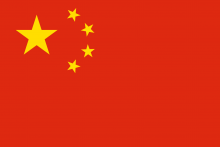
China’s October 24 launch of its Chang-e 1 (Moon Goddess) Moon survey satellite has been heralded by the Chinese government as a “giant leap” for China’s peaceful exploration of outer space. But the launch of Chang-e, as well as subsequent Chinese Moon missions, to very likely include manned Moon activities, should also be viewed as a major step into space for China’s People’s Liberation Army (PLA), which controls all of China’s space activities.
-
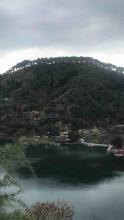
For the Indian climate crusaders, 2007 has become more important for three reasons. First, the entry of climate change as an agenda item to the United Nations Security Council on April 18. Now, the Nobel Peace Prize to the scientific community - Intergovernmental Panel on Climate Change (IPCC) and former US Vice-President Al Gore for making people aware of climate change. It’s argued that the issue would become everybody’s business to know, manage and resolve after the prestigious award.
-
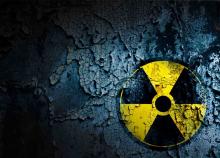
The statement of a former Prime Minister of Pakistan on Dr A Q Khan, although it created a furore, was largely welcomed by the advocates of nuclear non-proliferation. The exiled Pakistan People’s Party (PPP) leader, Benazir Bhutto categorically stated that she will permit the International Atomic Energy Agency (IAEA) to interview Dr AQ Khan, the father of Pakistan’s nuclear bomb, to determine the credibility of the allegation against him being solely involved in nuclear technology proliferation from Pakistan to other countries.
-
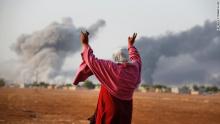
Syria's state news agency, Sana, reported that an explosion in Aleppo on July 26 killed around 15 soldiers and wounded 50 others. The Syrian officials had claimed that highly explosive products blew up due to an accidental fire at the facility, and no sabotage was involved. They had reasoned that the increase in ambient temperatures up to 50 degrees Celsius caused an ammunition dump to explode, killing and wounding the soldiers.
-
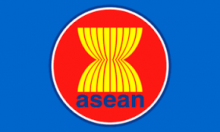
The Association of Southeast Asian Nations (ASEAN) has a geopolitical dimension that people outside the foreign policy circuit in India may not be sufficiently aware of. The ASEAN has always wanted to influence the shape of the regional order in Southeast Asia and the role of major powers in it. How can a group of ten relatively small countries aspire to manage the geopolitics of a region that is stalked by military or economic giants like the US and Japan and rising behemoths like China and India with populations of more than one billion each?
-

Remember Indian Prime Minister Manmohan Singh and Pakistani President Pervez Musharraf’s high-profile meeting and the promises at Havana (Cuba) on the sidelines of the NAM (Non-Alignment Movement) summit in mid-September 2006. One year has passed since both leaders agreed to have a joint anti-terror mechanism (ATM) to identify and implement counter-terrorism initiatives and investigations. It was considered significant then.
-

The declaration by the Election Commission of Pakistan (ECP) that the presidential polls will be held on October 06 is of critical concern. It is imperative to point out that the ECP has played a very crucial role in facilitating the re-election bid of President Musharraf by declaring that he would be eligible to contest elections, despite a constitutional ban on government officials from standing for elections unless they retired two years before the polls.
-
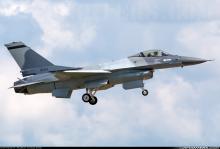
The much awaited request for proposal (RFP) for 126 medium-range multi-role combat aircraft (MMRCA) was finally announced by the Ministry of Defence in a press release on 28 August 2007. It took nearly two years of deliberations since the request for information (RFI) was issued in late 2005. Six bidders, considered ‘gorillas’ in military business, will compete for the massive $ 10.2 billion contract, dubbed as ‘mother of all deals’ in the history of Indian arms acquisition.
Paxton ported to drupal by DropThemes.in